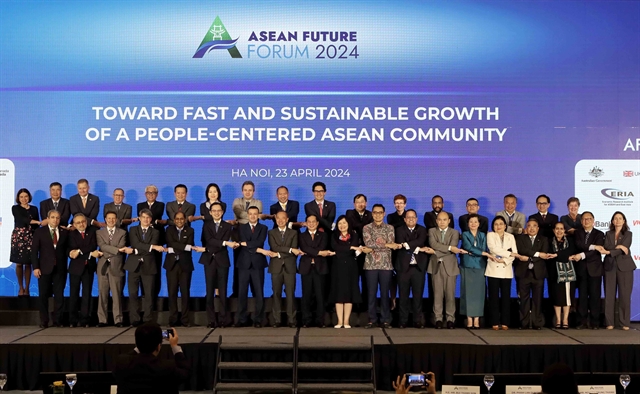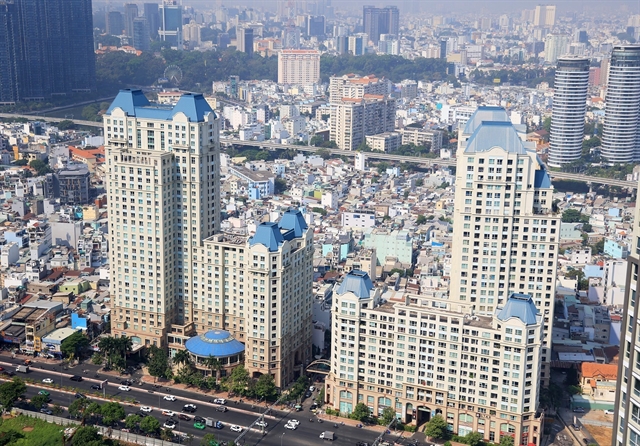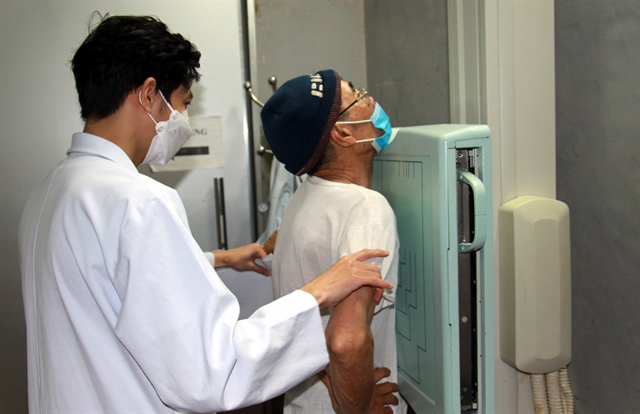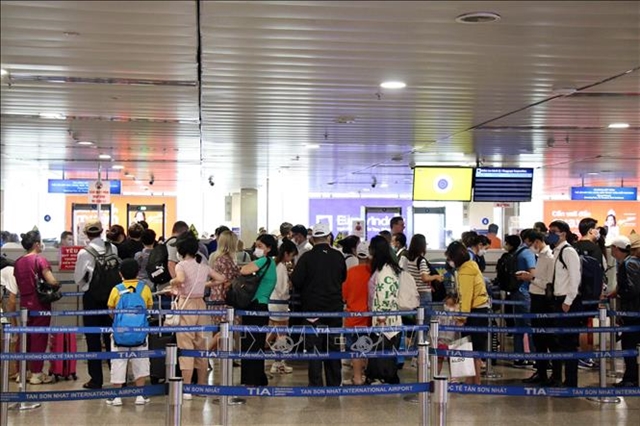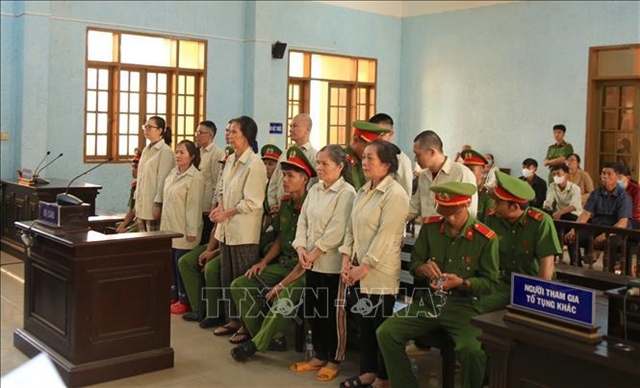 Society
Society
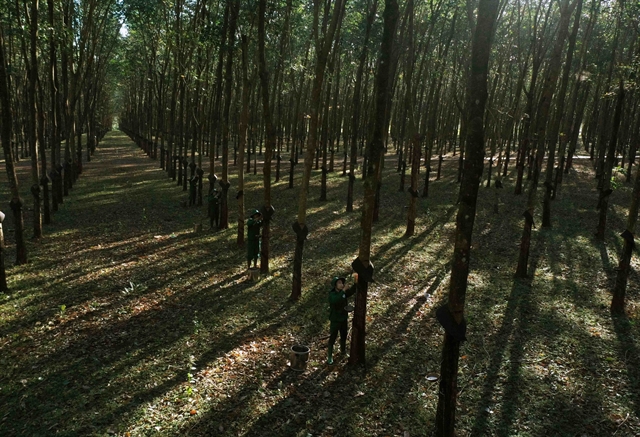
Only 20 per cent of workers at industrial zones have stable accommodations, prompting an urgent need to improve living conditions for labourers there, a senior official told a conference in Hà Nội yesterday.
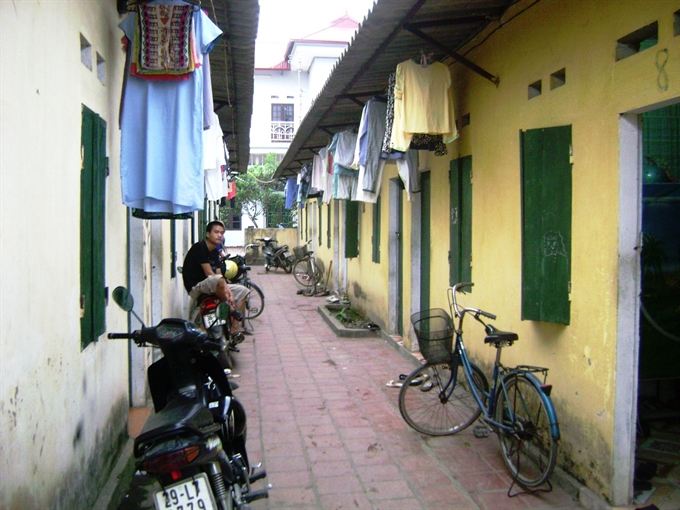 |
| Rental homes for workers in Hà Nội’s Đông Anh District. Workers at industrial zones face hardships, particularly in housing. — VNA/VNS Photo Kim Dung |
HÀ NỘI — Only 20 per cent of workers at industrial zones have stable accommodations, prompting an urgent need to improve living conditions for labourers there, a senior official told a conference in Hà Nội yesterday.
Deputy Head of Construction Ministry’s Department of House and Real Estate Market Management, Trịnh Trường Sơn, said the remaining 80 per cent of workers at industrial zones have to rent houses at an average cost of between VNĐ300,000-400,000 (US$13.4-18) per month.
Meanwhile, most of houses rented by workers are small (about 2-3sq.m per person), with poor sanitary conditions and infrastructure, affecting the health and well-being of workers, he said.
He noted that their average wage of VNĐ4 million ($179) per month could only meet 78-83 per cent of their basic spending needs.
Kenichi Hashimoto, head of a Japan International Co-operation Agency (JICA) research team which carried out a survey at more than 100 industrial zones in Việt Nam, said the majority of space, design and location of housing for workers was not appropriate. At the same time, local authorities are barely able to support the workers and the workers themselves cannot afford to buy housing.
The poor sanitary conditions and housing infrastructure, he said, were among the key factors for the failure of industrial zones to keep skilled workers.
The slow improvement of living conditions resulted in workers quitting their jobs, reducing Việt Nam’s competitiveness with neighbouring countries, he said.
The national social housing development strategy, which plans to develop social housing for workers at industrial zones during the 2016-2020 period, clearly states that around 70 per cent of workers at industrial zones need accommodations, Sơn said.
Addressing the workshop, held to announce the results of a study on improving living conditions for workers around industrial zones, Deputy Minister of Planning and Investment Nguyễn Văn Trung said industrial zones in Việt Nam generate jobs for more than 2.6 million workers.
However, he said, many problems have emerged in the development of industrial zones, including less attention paid to the improvement of workers’ living conditions.
Based on its study, JICA experts suggested some measures to help develop housing for workers, including reducing interest rates for workers’ loans to below 5 per cent over a period of more than 20 years.
The State should also provide support in land use fees and technical infrastructure construction while businesses should offer workers financial assistance to help them rent houses, they said.
Việt Nam should have new policies on space and design planning to help workers afford housing projects, increasing support for investors and implementing models of providing financial assistance for high-quality for-rent houses, they said.
Deputy Head of Construction Ministry’s Department of House and Real Estate Market Management, Sơn, said it was necessary to continue finalising related regulations on social housing development for workers and requiring industrial zone development planning to include basic social and technical infrastructure, such as houses for workers.
Localities should also put social housing development in their socio-economic development plans, he said. — VNS

